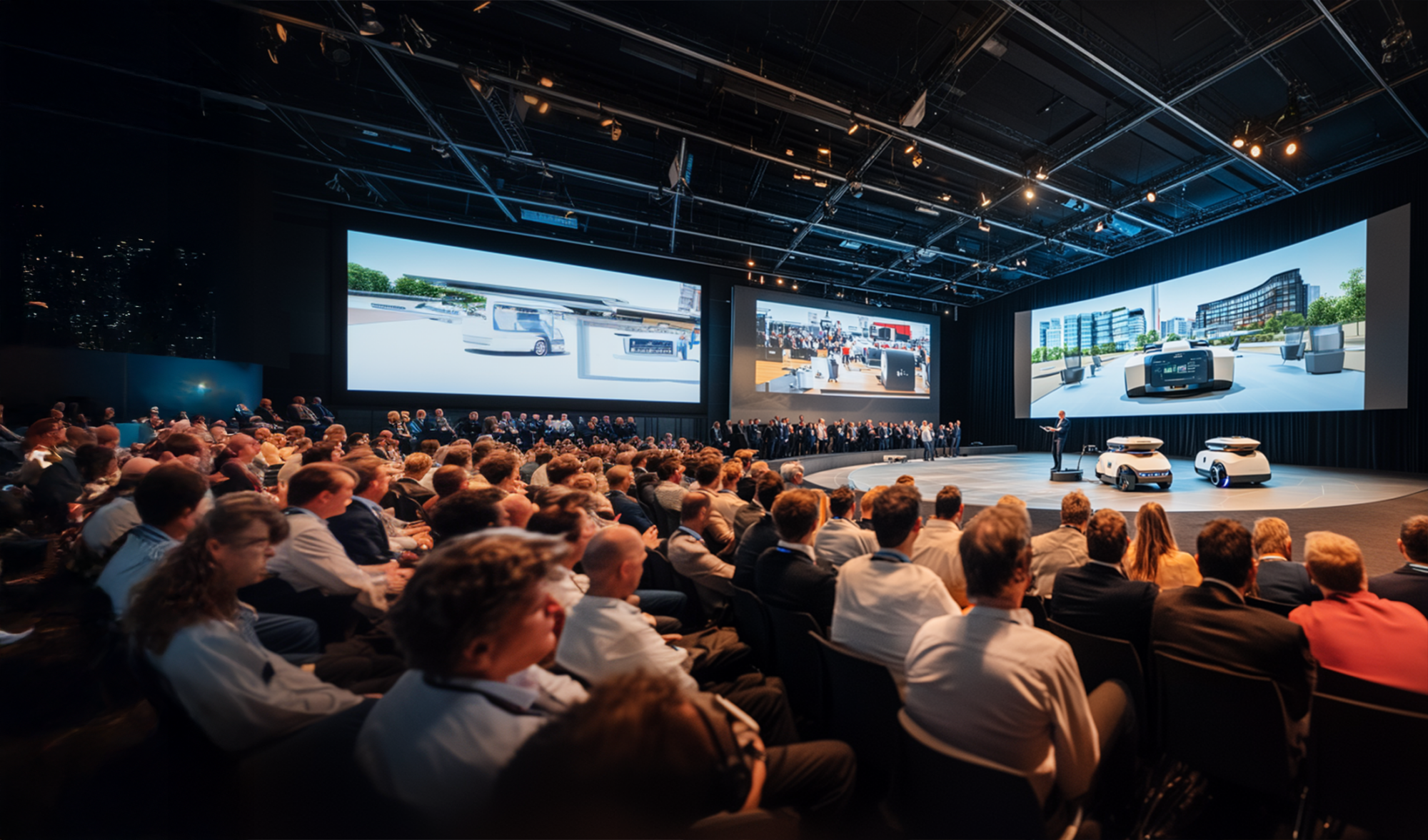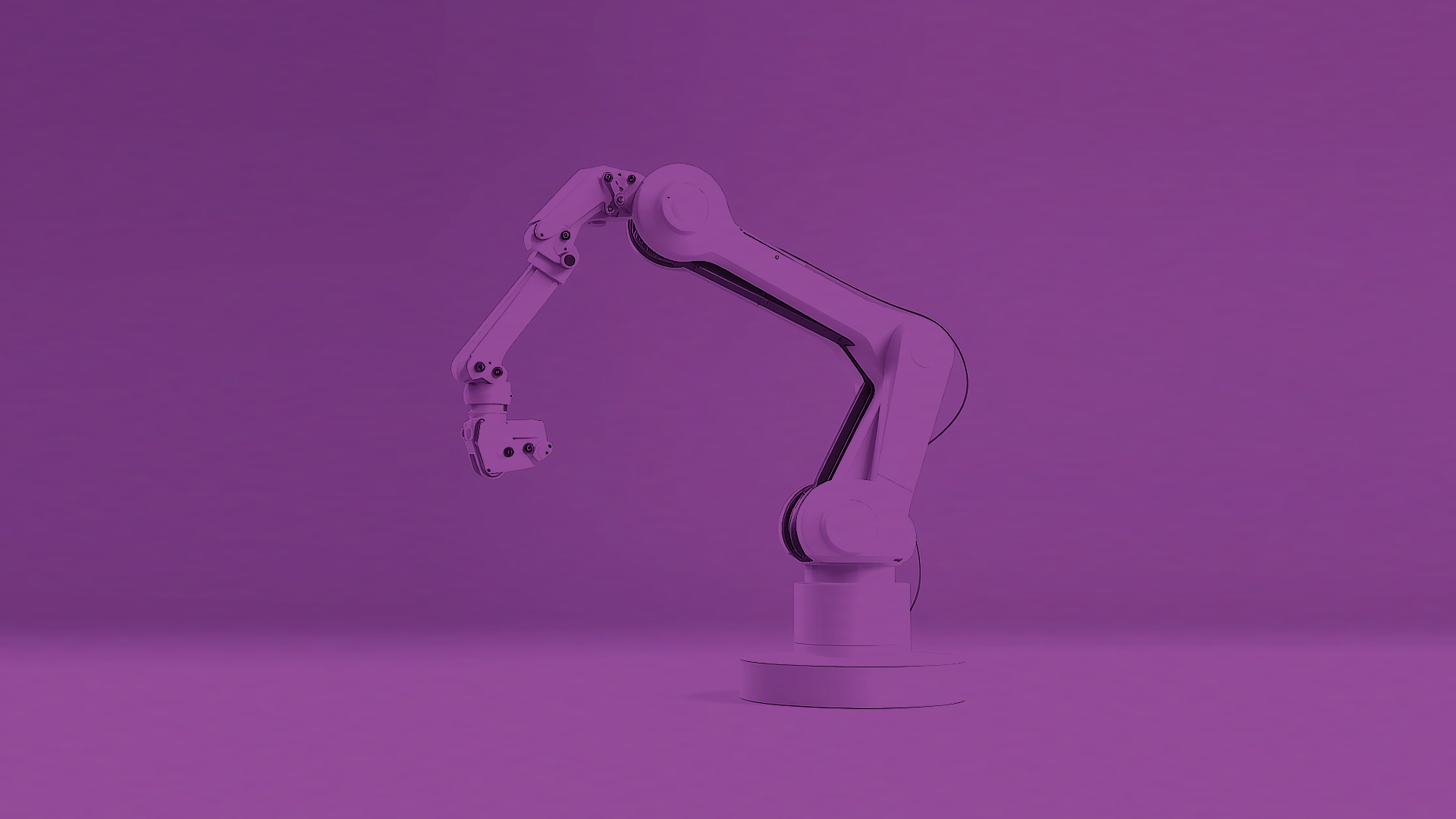Netherlands leads the way in 'Autonomy Economy'
Autonomous systems are playing a vital role in our economy and society. From the medical sector to the manufacturing industry, from agriculture to energy supply and logistics - applications are emerging everywhere that make work more efficient, sustainable and less labor-intensive.

Are we on the eve of an "Autonomy Economy"? The Netherlands seems well-positioned to play a leading role in this. During the first National Autonomous Systems Congress, on April 2, 2025, in Schouwburg De Lawei in Drachten, companies, scientists and policymakers will come together to discover how autonomous systems can be deployed responsibly and effectively.
Strategic focus
Innovation Cluster Drachten, European Digital Innovation Hub, AI-Hub Noord-Nederland, @North, Rijksuniversiteit Groningen, and the NOM are responsible for organizing the event. Everything revolves around the impact autonomous technologies have, says Hans Praat (NOM) on behalf of the organizing team. "We believe in the power of autonomous systems to solve complex challenges, and not just because we will soon have too few people to do the work."
According to him, autonomy not only provides a solution to social issues, such as mobility, energy, and manufacturing but also represents an opportunity for technology providers to strengthen their position. "Users are excited and can't wait, while providers are seizing the opportunity to expand their role as solution providers. The Netherlands seems well-positioned to become a forerunner in the Autonomy Economy. We already are."
Pioneers on stage
During the conference, frontrunners from different sectors will take the stage. For example, Sergio Ooijens of Lely will kick off with a presentation on how their autonomous milking and feeding robots are making dairy farming worldwide more efficient, sustainable and animal-friendly. Another notable speaker was Carl Berlo, ceo of 247TailorSteel, which developed a fully autonomous manufacturing system that allows customers to place orders online and control production. "247TailorSteel has set the new standard in the sheet metal sector and is now the largest player in Europe," Praat said.
Eindhoven startup Avular is another interesting player. "If it is up to Avular, the Netherlands will become a robot country," argues Praat. The company develops modular autonomous robots and drones that can be flexibly deployed in sectors such as agriculture, inspection and logistics. Another impressive example comes from Bollegraaf and Lubo Recycling Solutions, frontrunners in AI-driven autonomous recycling plants. Top executive Edmund Tenfelde will explain at the conference how their systems make waste-to-resource processing more efficient.
The TopDutch region as an incubator for autonomous systems

Praat sees the Northern Netherlands playing a key role in these developments: "The Northern Netherlands has a long history in manufacturing. Together with the RUG, the AI hub and other partners, we are building an ecosystem in which autonomy is one of the new spearheads." The National Autonomous Systems Congress is a logical consequence of this. "We are doing this not only as NOM, but together with other partners. This congress is a way to bring the frontrunners together and position the Northern Netherlands as an innovation hub."
Batenburg Industrial Automation Beenen is one of those frontrunners in the North. During the congress, innovation manager Thom Verwater will explain how their technology helps in the transition to autonomous production environments. Batenburg Beenen is active in industry, but also in agribusiness, where autonomous robots are playing an increasing role.
One sector where autonomy is already having a huge impact is logistics. Vanderlande, world market leader in baggage handling systems and warehouse logistics, will show at the conference how autonomous systems are defining the future of distribution. CTO Frank van Dijck, also president of the FEM (European Materials Handling Federation), explains how the combination of autonomy and flexibility is fundamentally changing the sector.
Boston Dynamics and the future of humanoid robots
One of the highlights of the conference is undoubtedly the keynote by Aaron Saunders, cto of Boston Dynamics. "For the first time he is coming to the Netherlands to share his vision of how humanoid robots are transforming our world," says Praat enthusiastically. Boston Dynamics is known worldwide for its pioneering robots, such as Atlas and Spot, which can navigate autonomously and perform complex tasks. "That he immediately said yes to our invitation shows that the Netherlands is an interesting market for this kind of development."
In addition to industrial applications, attention will also be paid to the social impact of autonomous technology. One of the speakers is Piet Verduyn of FME, who discusses the ethical and legal aspects of autonomy. Talk: "Labor productivity and regulation are always part of these discussions. How do we ensure that autonomy is not only efficient, but also responsible and inclusive?"
The congress is divided into three tracks: industry, science and society. These will cover all facets of autonomy: from the latest scientific insights to practical implementation in companies and the social issues involved.
Key role
"Autonomous systems play a key role in the future of our economy and society," Praat said. "We are already seeing how they optimize production processes, transform healthcare and manage our living environment more efficiently. During the National Autonomous Systems Congress, we will bring together the forerunners and try to establish a national agenda so that the Netherlands can become a major player in the upcoming Autonomy Economy."
For people who are still in doubt about the role the Netherlands can play in this field, he has his answer ready: "Nothing comes naturally, except autonomous systems."
Call me back
Please feel free to fill out the “Call Me Back” form below, and we’ll be delighted to get in touch with you at your convenience.
These cookies are used to optimize performance and functionality of the website. These cookies are not essential when browsing the website. However it is possible certain elements on the website will not function properly without the cookies.
These cookies collect data that we use to understand how our website is used and perceived. These cookies also help us to optimize the website for the best user experience.
These cookies allow ad-networks to monitor your online behaviour so they can display relevant ads based on your interest and online behaviour. These cookies also prevent the same ads from being displayed over and over.

